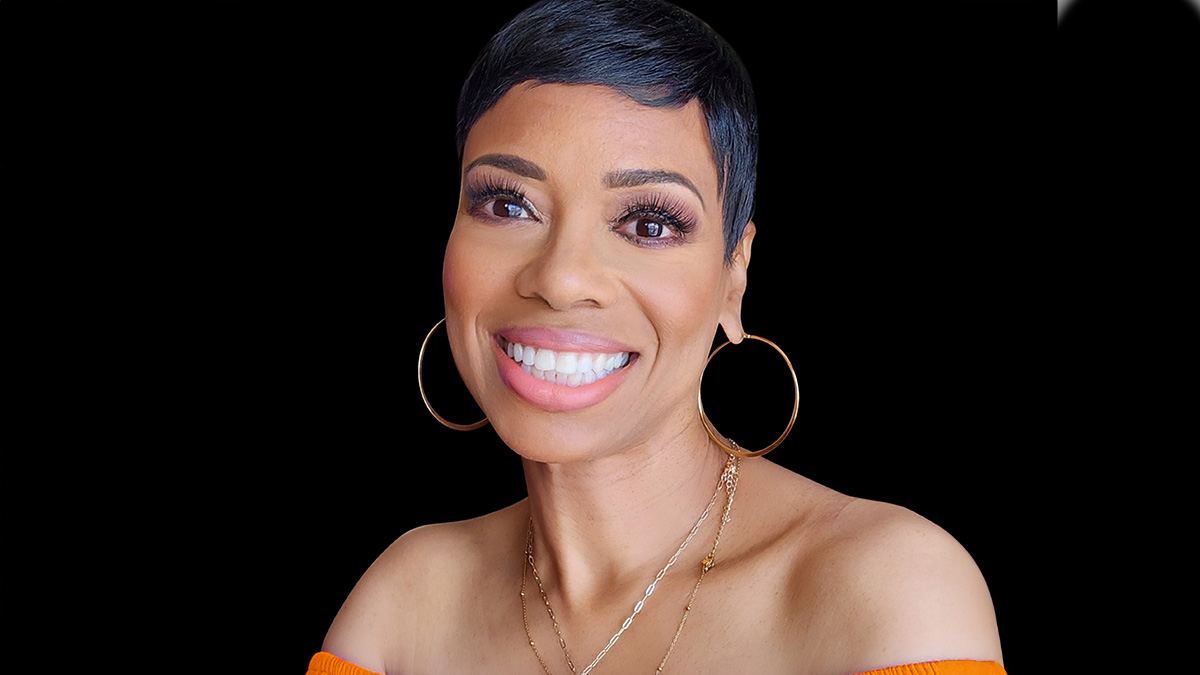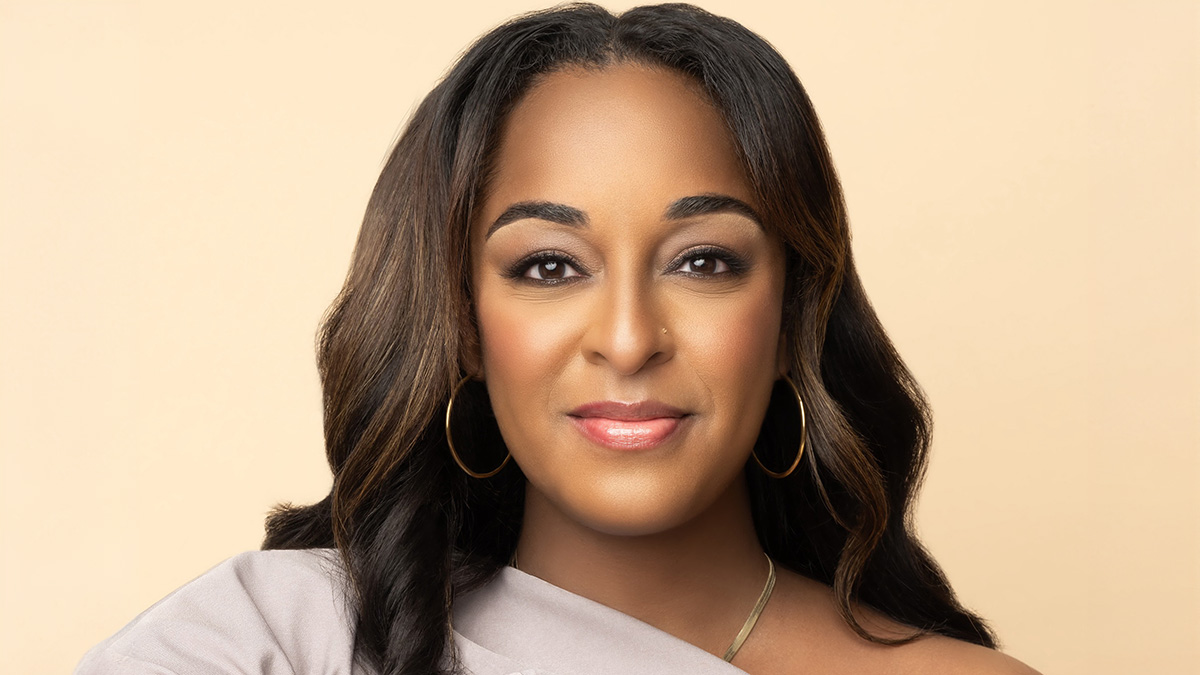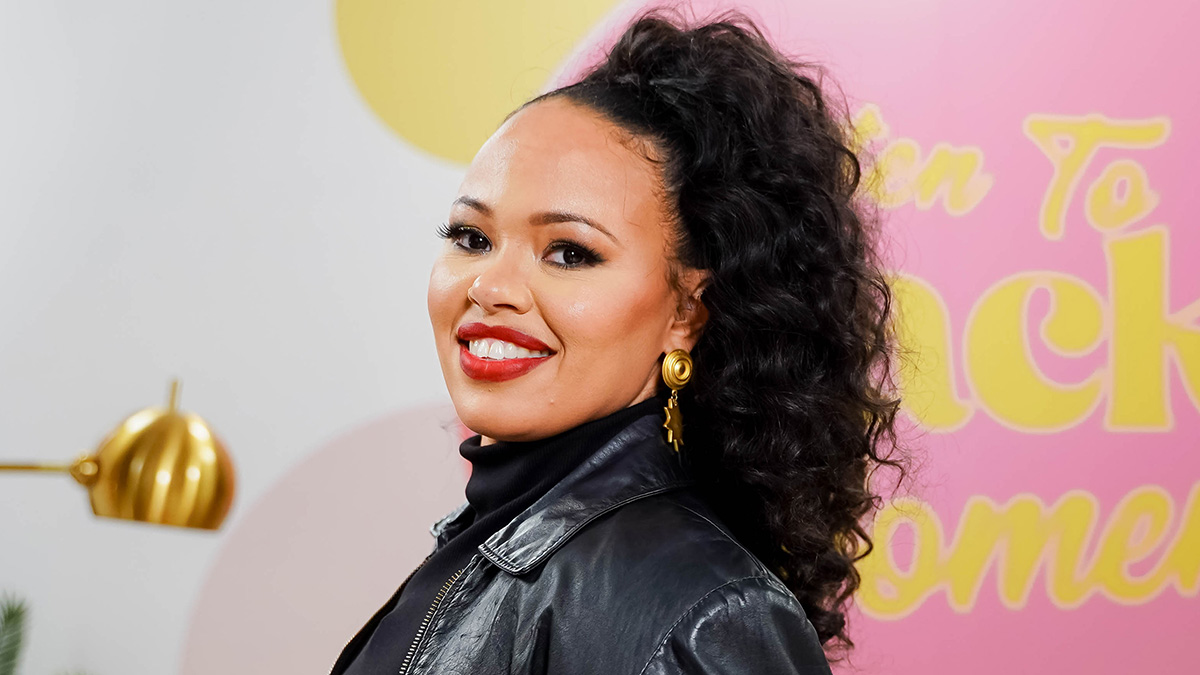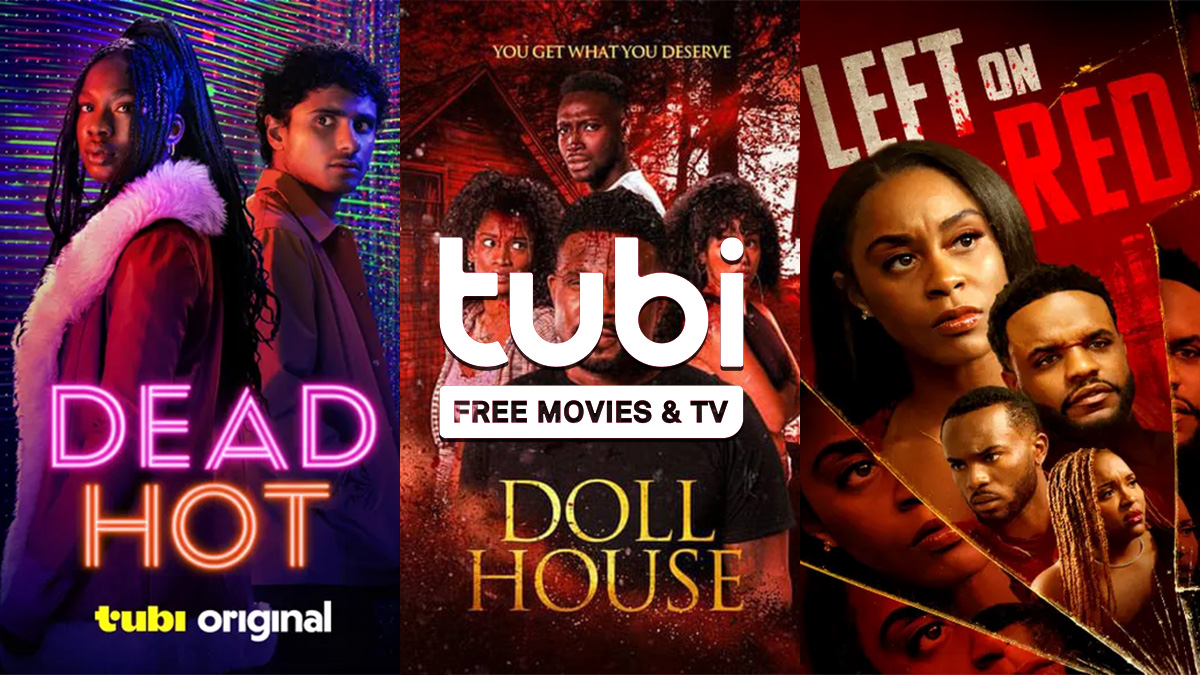Phyllis Caddell, CEO of PCPR Communications, stands out as a trailblazing figure in public relations, exemplifying resilience and innovation. From humble beginnings to leading an agency that bridges faith-based and mainstream entertainment, Caddell’s journey showcases the transformative power of perseverance. In this interview, we delve into her insights and visionary leadership that redefine excellence in the dynamic landscape of public relations.
Can you share the story behind the founding of PCPR Communications and how it evolved from a bedroom operation with $500 to the successful agency it is today?
I was born to be a leader. So, it was inevitable for me to start my company. However, PCPR was launched out of frustration. In corporate, the departments deemed non-essential are usually the first to see cuts. That was my story. After being laid off far too many times, I started temping and ended up at Death Row Records, where they hired me to work in the PR department. Fed up with disrespectful sexist comments and being treated as an assistant, I decided I had enough. I worked under the late George Pryce who was an amazing publicist that taught me so much about PR. He told me I needed to start my company because I was defiant. So, I did. I stepped out on faith. I resigned from my job, purchased entrepreneurship books, and launched my PR company half a year later. My sister Dayna, who was balling in advertising, loaned me $500 to get started. Recognizing the need to promote my company, I reached out to media contacts and they responded by publishing articles about my new business. Before I knew it, the phone was ringing and the roster of clients grew fast.
Growing up in a family with ties to both the entertainment and legal worlds, how did your early experiences shape your career path in public relations?
My early exposure to the entertainment and legal industries influenced my career path in PR by nurturing my communication and negotiation skills. Our home was always filled with entertainers, whether it was my parents throwing a party or jam sessions being held in my father’s home studio.
If you lived in the Caddell home, being an introvert was out of the question. Much like my daddy, I chatted with everyone and brought an energetic atmosphere to a room. As a publicist, effective communication is key—both in written and verbal communication. My mom had a conservative and professional demeanor, and she excelled in the areas of negotiation and articulation. She taught me a great deal. Negotiation skills play a crucial role in handling media requests, crisis management, and obtaining positive publicity.
I got a glimpse into how things work in the entertainment industry. Frequently, I attended industry events with my daddy and witnessed the media landscape firsthand. I guess that’s why I love working red-carpet events like Gospel Goes to Hollywood and the NBA All-Star Gospel Celebration.
What led you to transition from a focus on broadcasting to pursuing a career in public relations during your college years?
At an early age, I yearned to be a newscaster. It wasn’t until college that I discovered I would likely have to start in a small town and the likelihood of working in Los Angeles, my hometown, was like a 4’8″ man trying to play in the NBA. I did not want to embark on a world tour on a “maybe.”
To explore a different interest, I signed up for an elective PR class. That’s where I met my unforgettable professor, Autherine Walker, a Black woman hailing from Memphis, TN, who successfully operated her own PR business. Although I was unfamiliar with public relations, her expertise and enthusiasm made it my favorite class. This class was the solution to finally solving the puzzle to my career. I discovered that my strengths and interests aligned better with the strategic and relational aspects of PR instead of the performance-based nature of broadcasting. My professor played a crucial role in helping me find my passion. Looking back, I realize the significance of representation.
Securing Tommy Ford as a client in 1995 marked a significant milestone. Could you elaborate on how that opportunity came about and the impact it had on your career?
I was representing comedian Broderick E. Rice. He and Tommy were friends. In fact, Tommy was the executive producer of Broderick’s first CD. Tommy saw the great job my company was doing for Broderick and was interested in a sit down with me. He persuaded me that being his client would lead to new opportunities. He was on the sitcom Martin. My company was new and I realized it was a win-win situation, so I enthusiastically took advantage of the opportunity. The impact was tremendous. I leveraged his name and my expertise to secure him a spot on The Oprah Winfrey Show. This opened many doors, including media opportunities and my company representing other celebrities.
Being recognized as a leading PR firm bridging the gap between faith-based and mainstream entertainment is noteworthy. How did PCPR Communications strategically achieve this success?
I began my PR career by working with popular record labels, celebrities, and entertainment companies. Adding faith-based recording artists to my roster made me realize the faith-based entertainment industry was lacking in PR. Instead of pitching to the choir, and because I understood both the faith-based and mainstream entertainment audiences, I tailored messaging and content to appeal to both audiences and found a balance between entertainment value and incorporated faith-based themes or values in a way that was appealing to a broader audience.
Representing prominent figures like Mary Mary, Israel Houghton, and Tonex on mainstream platforms is impressive. What strategies did you employ to secure such acts and navigate the intersection of faith-based and mainstream industries?
For one, they all had crossover appeal. That was half the battle. To find out what they had done before PCPR, I employed the strategy of conducting research. Individually, Mary Mary (Tina & Erica Campbell) provided background vocals for Eric Benet, Brandy, and Brian McKnight. Tonex produced various R&B and pop artists and pushed boundaries and experimented with different sounds and styles. Although Israel hadn’t worked with any mainstream artists when I worked with him, he had an undeniable, marketable flair. Another strategy I employed when pitching was emphasizing crossover appeal. I also leveraged my contacts and highlighted the artists unique selling points.
Your company has been involved with events such as the All-Star Gospel Celebration and Gospel Goes to Hollywood. How do you approach representing brands in the lifestyle, sports, entertainment, and education sectors simultaneously?
Representing multiple brands simultaneously can be a tricky task for a publicist! It demands careful planning, organization, and an understanding of the specific needs and goals of each brand. Understanding the client’s products, target audience, brand values, and marketing objectives is essential. This will help tailor my approach and messaging. I make sure there are no conflicts among my clients and use project management tools like Trello to stay organized and track progress.
Could you share your perspective on the role of strategic planning in running a successful public relations agency, especially in the diverse industries PCPR Communications operates within?
Strategic planning is essential for running a successful PR agency in diverse industries. It lays the foundation for and supports implementing PR. It’s setting clear objectives, defining key strategies, and developing an action plan to manage and achieve communication goals for clients. It involves a systematic PR strategy that ensures activities are in line with objectives and contribute to overall success.
Strategic planning also aids in understanding industry dynamics, recognizing communication channels, customizing messages, establishing relationships, and keeping up with industry trends.
With a background in organizational communications, internet marketing, and public relations, how do these qualifications contribute to your multifaceted approach in managing the agency?
My multifaceted skill set equips me to handle the diverse challenges and opportunities that come with managing a PR agency. I bring a holistic approach to developing comprehensive communication strategies that align with client’s goals. I leverage digital tools to amplify their messages and build strong relationships with clients and stakeholders. My knowledge of organizational communications enables me to cultivate teamwork and establish a productive work environment.
As an adjunct professor, how do you integrate your real-world experiences into your teaching, and what advice do you give to aspiring professionals entering the field of public relations?
As a storyteller, I use my professional experiences to share relevant anecdotes with my students, providing valuable insights from real-world encounters. The key is to balance theory and practice, ensuring that real-world experiences complement and enhance the learning objectives of the course.
Advice I would give aspiring professionals entering the field of PR is to run! LOL! But seriously, the most important advice is to uphold ethical standards. Honesty, transparency, and integrity will always work in your favor. Public relations can be rewarding but also demanding, so be prepared for continuous learning, adaptability, develop a strong online presence and engage in social media platforms relevant to the industry, cultivate media relationships, and by all means, learn how to write. If you can’t write, hire a writer. There is nothing worse than grammatical errors in a press release.
Striving for excellence seems to be a constant theme in your career. How do you maintain a commitment to excellence in diverse pursuits, such as writing magazine articles, ghostwriting books, teaching, and consulting?
Maintaining a commitment to excellence in diverse pursuits is a continuous process that requires discipline, perseverance, and a genuine passion for what I do. However, the most important component is maintaining a healthy work-life balance. Prioritizing my physical and mental well-being and maintaining a healthy diet is crucial. I set aside time for relaxation, prioritize a healthy diet, and indulge in my favorite past times to prevent burnout.
Can you discuss the challenges you faced when starting PCPR Communications and how you overcame them to establish a prosperous agency?
The only obstacle I faced when launching my company was securing funding, but my sister provided assistance. Growing pains presented the greatest challenge. As the company grew, I needed a space that could house employees.
Essence Magazine acknowledged your company for successfully bridging gaps. How do you navigate and overcome challenges in bridging gaps between different industries and sectors in your PR strategies?
Bridging gaps between different industries and sectors in PR strategies can be challenging. A few steps I take to navigate and overcome these challenges include (1) understanding the industries and sectors involved by conducting research, (2) identify shared goals and values to help to create a sense of unity to make it easier to align messaging, (3) build relationships and partnerships by attending networking events or grabbing a cup of coffee with relevant key people, (4) develop tailored messaging to resonate with each target audience, and (5) stay adaptable and open-minded.
With your involvement with PLC Detroit, the only HBCU dedicated to design, how do you approach representing an institution in the education industry compared to individual clients in entertainment?
Despite being a college, PLC Detroit is treated as a brand, and we prioritize managing its public image and reputation. There is nothing conventional about the institution—From the faculty and curriculum to the university president. Of course, there are some key differences in approach because of the nature of the industries (entertainment and education) and their target audiences. However, it’s still the matter of working to build and maintain a positive public perception through strategic communication, media relations, event management, strategic partnerships, thought leadership, maintaining a strong online presence, and more.
What future goals and aspirations do you have for PCPR Communications, and how do you see the agency continuing to make an impact in the coming years?
One goal is to start a podcast that provides aspiring publicists with valuable insights. I’ve recently launched the Instagram page @pcpr_talk and set a goal to make it successful in 2024, God willing.
Giving back is the strategy my agency will use to make an impact in the upcoming years. My plan is to establish a mentorship program for aspiring publicists that provides workshops, relationship building opportunities, leadership development, and other resources to help them succeed in their PR careers.
Be’n Original












